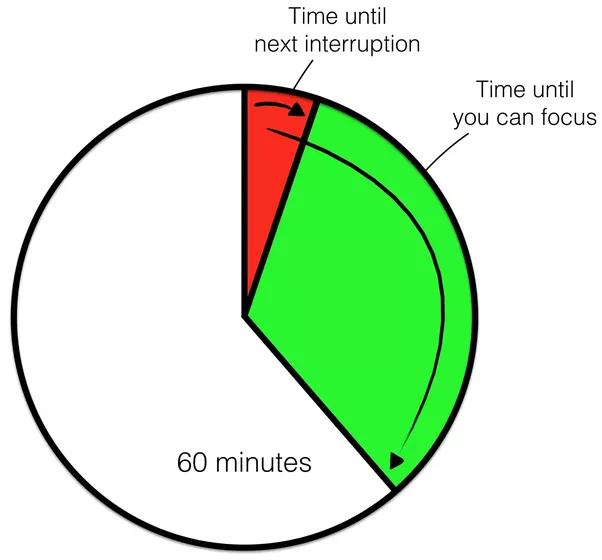
Why we should treat ourselves as well as we do our mobile phones
Mobile phones have become an extension of ourselves.
How often you check your phone depends on when you were born…
Were you born in the 1980s and 1990s?
You probably get anxious if you haven’t checked your phone in 15 minutes.
Those born between 1965 and 1979 are more relaxed.
Only 42% tend to get uneasy if separated from their phone for 15 minutes.
But we are all attached to our smartphones
Psychologist Jaco Hamman compares how a toddler feels about her pacifier to how adults feel about their smartphones.
Toddlers cry if they lose their cuddly bear.
Adults get anxious if they can’t find their mobile phones.
This anxiety even has a name – “Nomophobia”(short for no-mobile-phobia).
People who use their phones to store, share and access personal memories suffer most.
An American study even links smartphone separation to an increase in heart rate and blood pressure.
Perhaps because the“love hormone” oxytocin is released
Adults re-experience childhood touching and belonging through our phones.
Hamman suggests that holding our phone has the same effect as a parent’s or a lover’s gaze.
When we hold our phones, it reminds us of moments of intimacy – whether from our childhood or from our adult life.
The brain chemical dopamine and love hormone oxytocin, which play a role in the addiction “high,” kick in.
These chemicals also create a sense of belonging and attachment.
And we try to become a better self
Phones help us try to become better or at least different.
We take pictures, join discussions, store knowledge and reach out to others.
By texting back and forth, we weave together a conversation.
…Just like ancestors who painted on cave walls and told stories around fires.
But we need to put that phone away sometimes
A Singapore McDonald’s is trying to get customers to put their phones away and start talking to each other.
They interviewed 302 parents and found that 72 percent of children and 69 percent of parents use their smartphones at mealtimes.
So they brought in lockers for mobile phones.
This is how well it’s doing so far….
As a first step, keep your phone out of sight at work
A study at the University of California, Irvine, found that…
“…the typical office worker is interrupted or switches tasks, on average, every three minutes and five seconds.”
Removing your mobile phone …is an increase in your productivity with a magnitude of at least 5x-10x.
And try to treat yourself as well as you do your mobile phone
We respond to messenger notifications (Facebook, Whatsapp, Viber etc) in six minutes during weekdays and three-and-a-half minutes on the weekends.
In this video, Arianna Huffington describes how she jumped to respond alerts on her mobile but ignored her own exhaustion.
By ignoring her internal battery warnings, she wound up with stitches under one eye and a broken cheekbone.




You must be logged in to post a comment.